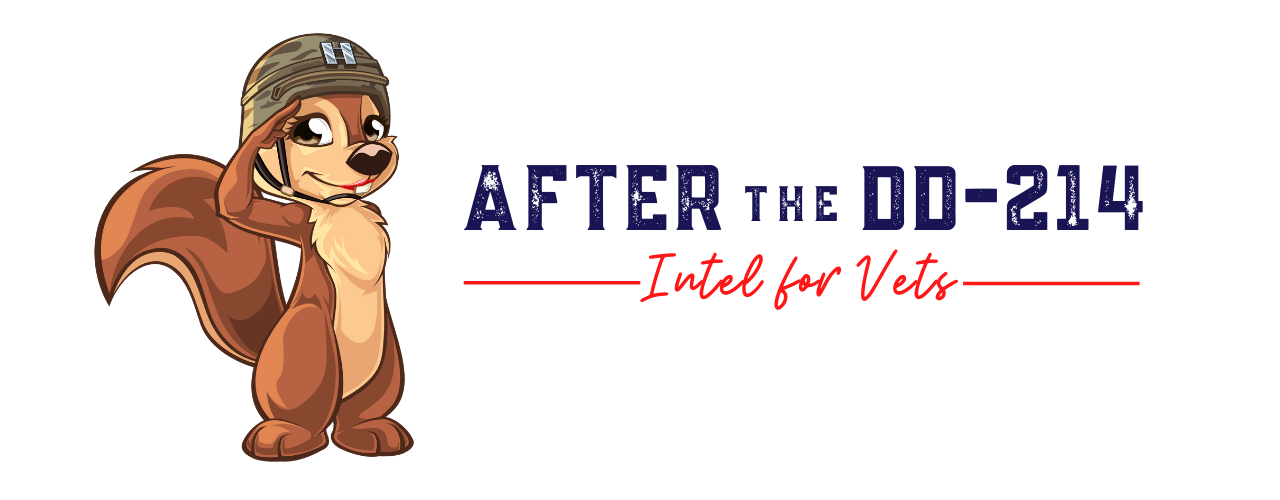He meant to be a Marine but he didn’t mean to go to Kibera.
At least not initially.
And so starts the twist of fate that would lead future Marine Corps Officer Rye Barcott to start a non-profit in the biggest slum in Nigeria.
In 2000, as an undergraduate at the University of North Carolina – Chapel Hill, Barcott studied Swahili as part of his Peace, War, and Defense degree. Inspired by an earlier trip to Africa with his parents and an interaction with his Swahili professor, Barcott applied for and was awarded the Burch Fellowship, a $6,000 grant that allows an exceptional undergraduate student to create and conduct an off-campus “experience.” His original plan was to study ethnic strife amongst youth in Rwanda but a surge of violence in that country forced him to develop an alternate plan. That alternate plan landed him in Nairobi, Kenya, living in unhygienic (think sewage and bedbugs) and often unsafe conditions (he changed locations every few days). But that didn’t dissuade him. Instead, it motivated him.
It Happened on the Way to War: A Marine’s Path to Peace tells the story of his trip and his resulting partnership with Salim Mohamed, a youth sports organizer, and Tabitha Atieno Festo, a widow and out-of-work nurse, and the growth of that partnership into the nonprofit Carolina for Kibera. CFK, as he often abbreviates it, began on the idea that local people, rather than outsiders, knew what was best to heal their community. An idea that grew out of a $26 investment from Barcott to Tabitha, CFK now runs a 13-room clinic in partnership with the U.S. Centers for Disease Control and prevention and serves over 40,000 patients a year. Additionally, there is a fee-splitting scholarship program to improve access to education, youth sports teams (including all-girls teams, a novelty there) that help facilitate understanding on both ethnic and gender fronts, a ‘cash for trash’ recycling program, and reproductive and girls’ programs that attempt to address issues of rape, HIV/AIDS (approximately 10-25% of Kibera’s population is estimated to be infected with the disease), and other prevalent women’s issues. The story also touches on Barcott’s service in the Marine Corps, including deployments to Bosnia, the Horn of Africa, and, ultimately, Iraq, and his attempts to balance the two endeavors.
What I liked about the book was how honest Barcott is about what it takes to start such an organization, especially about the mistakes he made along the way. He also doesn’t sugarcoat his experiences or his opinions about things – not about the people or the conditions in Kibera, not about his deployment to Iraq, not about the amount of work involved with launching a nonprofit (especially the difficulty he initially had asking people to financially support his endeavor). While I felt the book was a bit slow at times, I chose to feature this book as the capstone to a week of education related posts because former Captain Barcott demonstrates how much can be gained from an education, especially outside the classroom.
Working at the college, I interacted with a lot of vets who were in school just to use their GI Bill, without a solid goal for what the education itself, not just the housing stipend, could do for their lives. Even for those who were there with a purpose, many went to class and left again, failing to realize the benefits that can come from interacting with their professors, joining clubs, participating in student government, and other out-of-classroom benefits. Barcott’s story is full of examples of how advantageous those extracurricular interactions can be. From the Burch Fellowship to leveraging the UNC alumni for seed money for CFK, to a Ford Foundation start-up grant, to using his college mentors to connect with individuals who would, in the words of one of his mentors, “give a damn,” Barcott demonstrates exactly how many opportunities can be found on a college campus….and how to use the skills the military taught you to turn those opportunities into something you can be proud of. If you’ve got passion but no clear direction or a goal in mind but you’re unsure how to achieve it, this story might just give you a vector.
For more information on Rye Barcott and Carolina for Kibera, you can go to: http://cfk.unc.edu/.
© 2013 – 2020, Sarah Maples LLC. All rights reserved.


No Comments